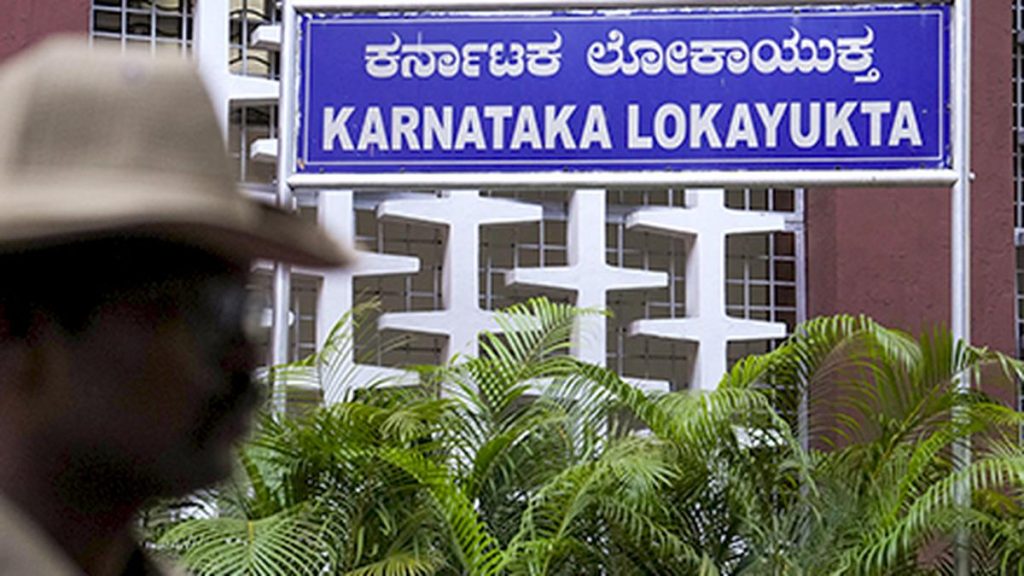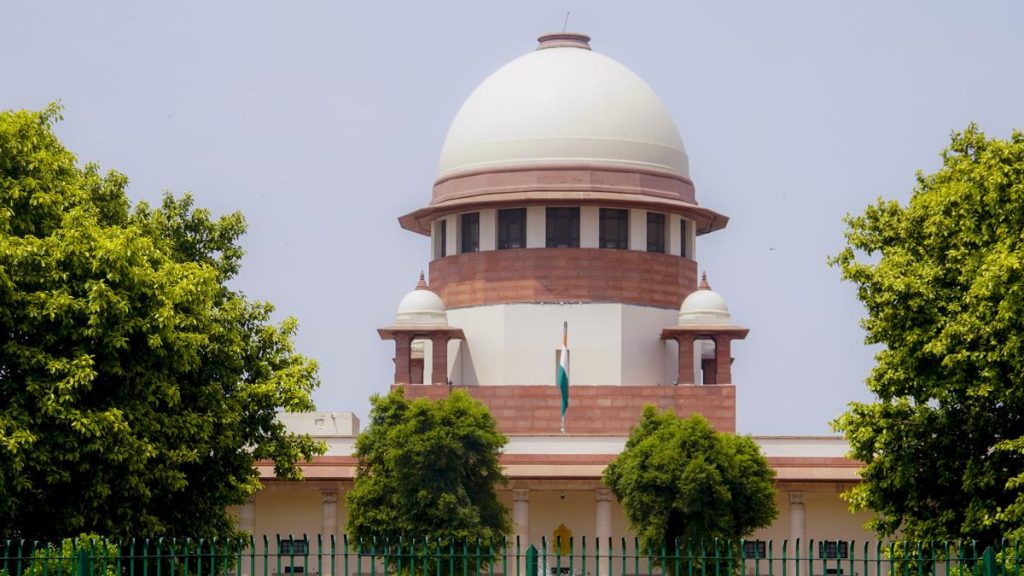Now Reading: 12-Year-Old Injured in Leopard Incident at Bengaluru’s Bannerghatta Park
-
01
12-Year-Old Injured in Leopard Incident at Bengaluru’s Bannerghatta Park
12-Year-Old Injured in Leopard Incident at Bengaluru’s Bannerghatta Park
Quick Summary
- A 12-year-old boy was clawed by a leopard during a safari at the Bannerghatta Biological Park (BBP) in Bengaluru on Friday.
- The incident occurred when the boy placed his hand near an accessible area of the non-AC safari bus window, and a leopard reportedly climbed onto the bus and clawed him.
- BBP Executive Director A.V. Surya Sen confirmed the injury, noting that precautions are generally taken to cover windows with mesh, including camera slots, and drivers are given strict instructions for safety during non-AC safaris.
- The child received frist aid and underwent checks for further injuries after the incident; there is no mention of serious complications in the report.
- Leopards climbing on safari buses is described as common behavior at BBP by officials due to their interactions with window mesh used in buses.
- Environment Minister Eshwar Khandre expressed shock over the event and directed authorities to install proper mesh coverings with designated photography holes on all safari vehicles’ windows while issuing cautionary warnings through signage and tickets.
- Bannerghatta Biological park hosts South India’s first leopard safari spread across 20 hectares.
Indian Opinion Analysis
This incident highlights safety risks associated with interactive wildlife experiences such as safaris at prominent parks like Bannerghatta Biological Park (BBP). While precautions exist-including window meshes-it appears current measures may require reinforcement to prevent similar occurrences in future tours, especially involving children or inattentive tourists using open spaces like camera slots or accessible areas near windows.
environment Minister Eshwar Khandre’s immediate response instructing enhanced vehicle protections reflects accountability within park management teams toward public security expectations during eco-tourism activities. Additionally, integrating clear warnings about animal interaction risks via tickets may assist travelers’ awareness before entering environments frequented by active predators such as leopards without souring visitor enthusiasm surrounding unique close encounters within controlled biological reserves like BBP nationally largest Leopard Safari alongside S India

























